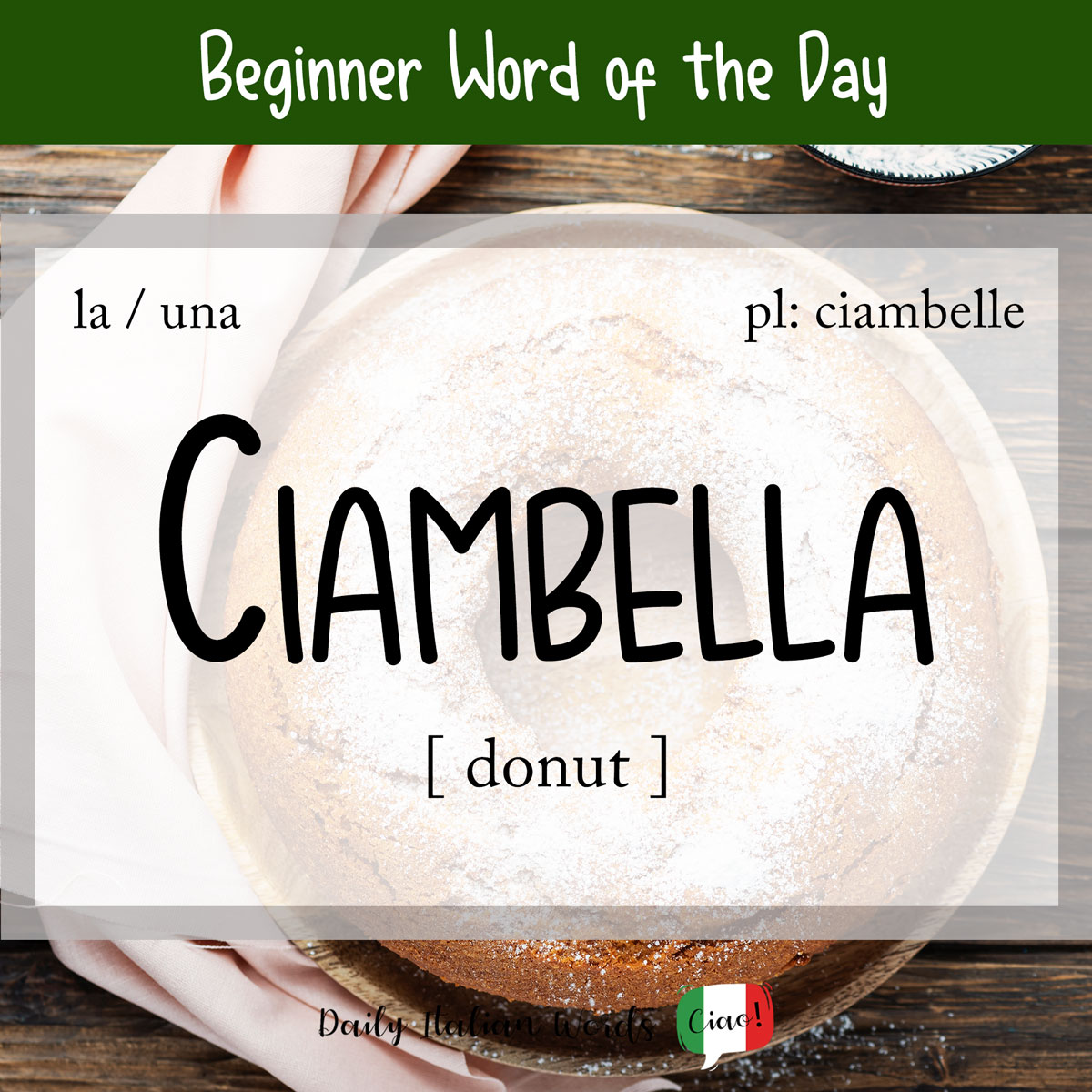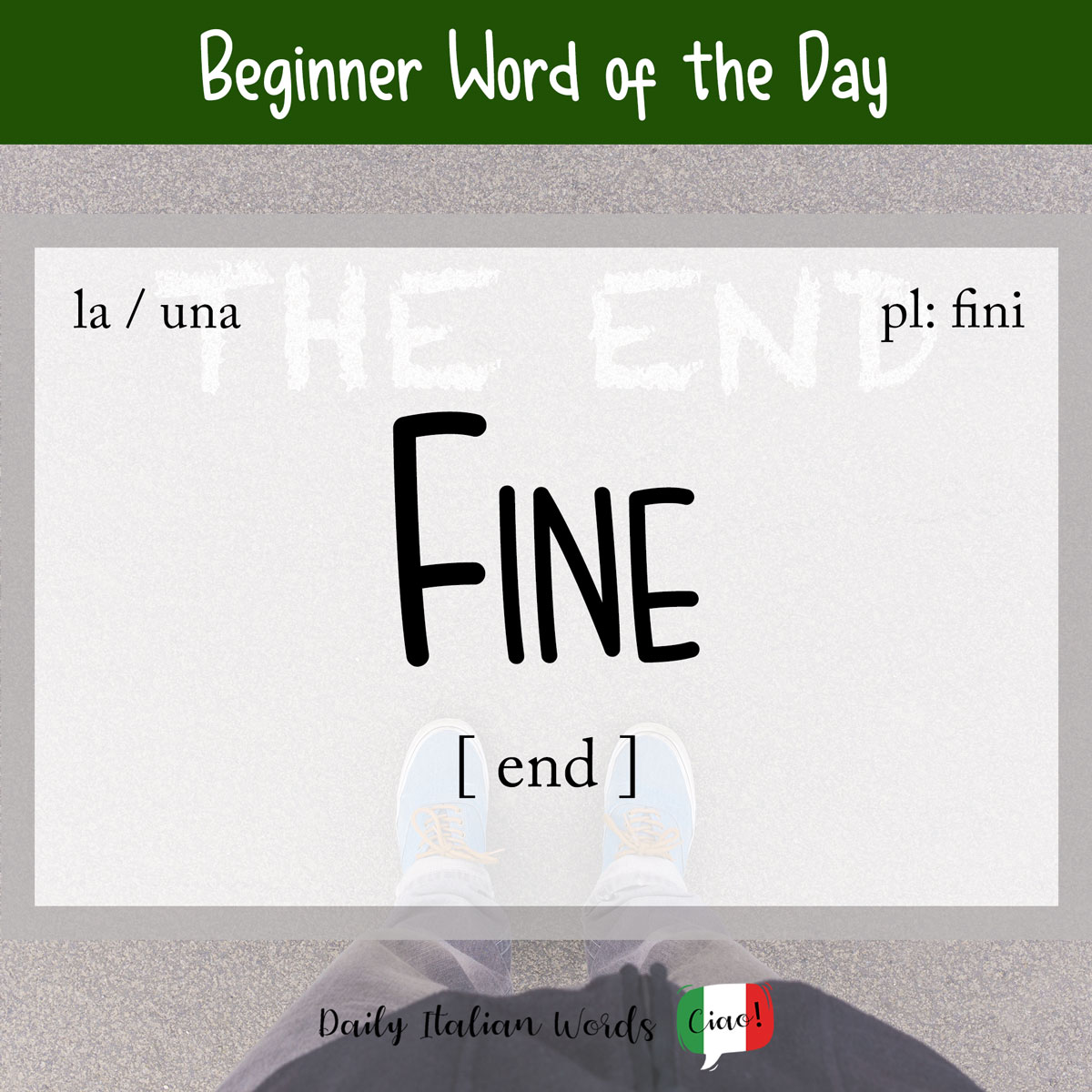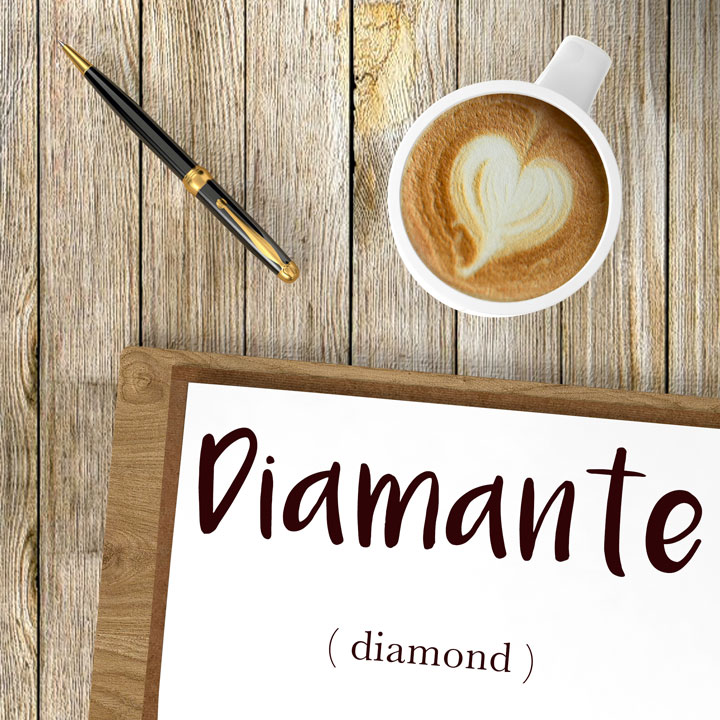Italian Word of the Day: Successo (success)
The Italian word for success is the similar sounding successo (masculine, plural: successi). Both words can be traced back to the Latin word “successus” of the same meaning. The expression avere successo (lit: to have success) translates as to be a success or to be successful. Although avere is by far the most common, you …






